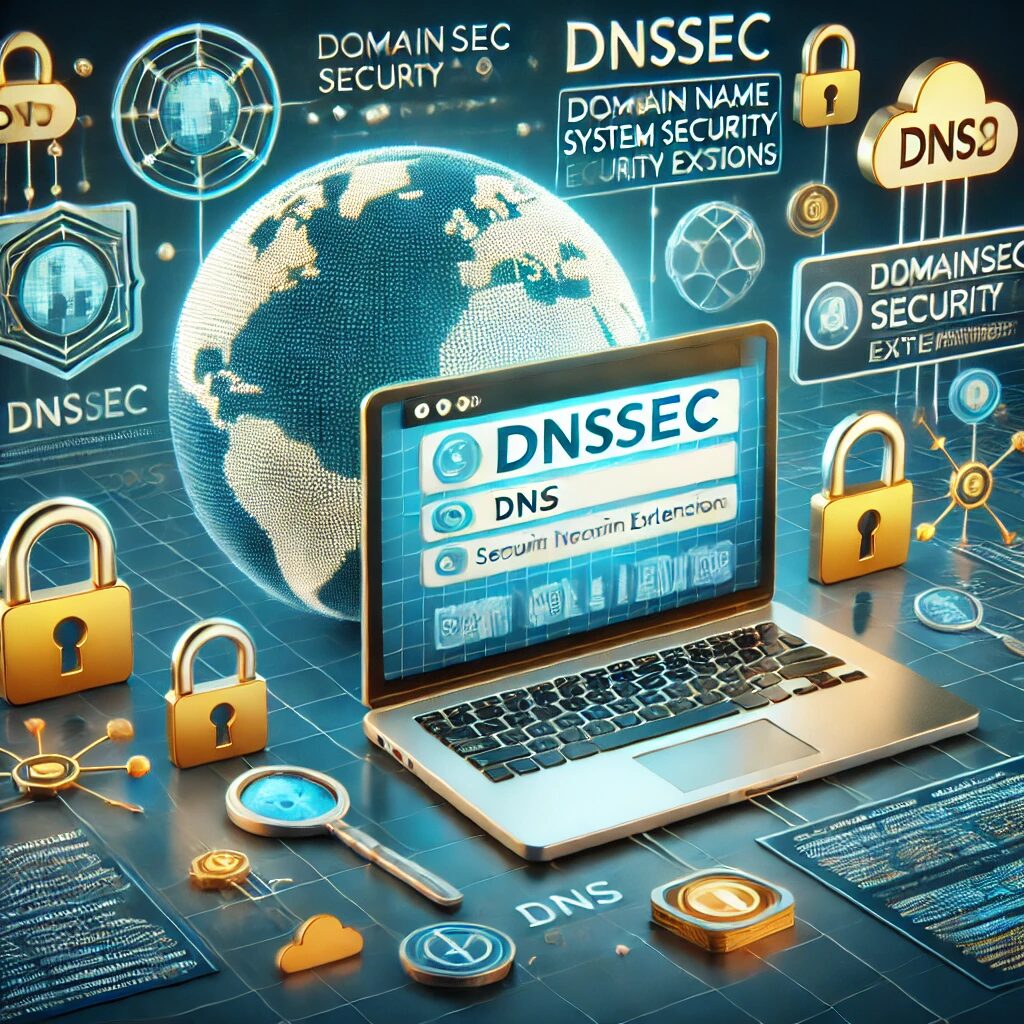The Domain Name System (DNS) is a fundamental component of the internet, translating human-readable domain names like example.com into IP addresses that computers use to identify each other on the network. However, the DNS was not originally designed with security in mind, making it vulnerable to various types of attacks. To address these security issues, the DNS Security Extensions (DNSSEC) were introduced.
What is DNSSEC?
DNSSEC is a suite of extensions to DNS that adds a layer of security by enabling DNS responses to be authenticated. It uses cryptographic signatures to ensure that the responses to DNS queries have not been tampered with and are indeed from the authoritative source.
When a DNS resolver requests information, DNSSEC provides the means to verify that the response it receives has not been altered in transit. This is achieved through a process that involves public key cryptography:
- A domain’s DNS records are signed with a private key by the domain owner.
- The corresponding public key is stored in the DNS and can be retrieved by resolvers.
- Resolvers use this public key to verify the authenticity of the DNS records.
Why is DNSSEC Important?
DNSSEC plays a crucial role in enhancing internet security for several reasons:
1. Protection Against DNS Spoofing
One of the primary threats to DNS is spoofing, where an attacker intercepts and alters DNS responses to redirect users to malicious sites. DNSSEC prevents this by ensuring that responses come from the authoritative source and have not been modified.
2. Integrity and Authenticity
DNSSEC ensures the integrity and authenticity of the data. Users can trust that the information they receive is accurate and has not been tampered with. This is particularly important for activities that require high levels of security, such as online banking and email communication.
3. Foundation for Future Enhancements
Implementing DNSSEC lays the groundwork for future security improvements. For example, DNSSEC can be combined with other technologies, such as DANE (DNS-based Authentication of Named Entities), to improve the security of SSL/TLS certificates.
Challenges and Adoption
Despite its benefits, DNSSEC adoption has been slow. Some of the challenges include:
- Complexity: Implementing DNSSEC can be technically complex, requiring changes to DNS infrastructure and careful management of cryptographic keys.
- Performance: DNSSEC can introduce additional latency due to the extra steps involved in verifying signatures.
- Cost: There are costs associated with implementing and maintaining DNSSEC, which can be a barrier for some organizations.
Conclusion
DNSSEC is a vital enhancement to the DNS, providing security benefits that protect against a variety of attacks. While challenges remain in its adoption, the importance of securing the DNS infrastructure cannot be overstated. As more organizations recognize the value of DNSSEC and implement it, the internet will become a safer place for everyone.




